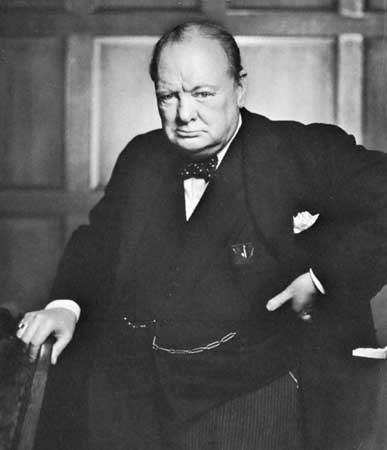Growth Mindset
Growth Mindset
At St Anne’s Infants’ School, we want all of our children and staff to ‘shine’ and we recognise and encourage this through our school star values where we celebrate people being, self-believers, team players, adventurous, resilient and successful.
Intertwined within the star values, we are focused on developing ourselves as life long learners, motivated by challenge, responsive to feedback, inspired by other people and willing to learn from mistakes. Learners with a ‘growth mindset’.
Our inspiration has come from the research of an American Psychologist, Professor Carole Dweck from Stanford University. Her studies have shown that how we view ourselves as learners has a huge impact on what we are able to achieve. She suggests that people broadly fall into one of two categories: those with a fixed mindset and those with a growth mindset.
|
Growth Mindset
|
|
Fixed Mindset
|
Those of us with a fixed mindset believe that we have a predetermined amount of intelligence, skills or talents which cannot be changed, whereas those of us with growth mindset believe that we can develop our abilities, intelligence or talents with persistence, effort and a focus on learning.
Instilling all of our children and staff with growth mindsets has become a key priority within St. Anne’s Infants’ as studies show that it is people with a growth mindset (as opposed to a fixed mindset) who achieve in life, are successful in all they do and are happy.
Our feedback in school, recognises the effort, resilience and persistence that children (and staff) show in their learning. We are developing our language to encourage us all to ignite the desire to succeed and continually improve, to find different ways to solve problems and overcome adversity.
Staff are equipped with sentence stems to encourage, give guidance to and challenge the children at St. Anne’s Infants’. Here are just a few:
I am so proud of your resilience – you didn’t give up, when it was hard.
What a creative way to solve that problem.
I am impressed with your resilience / adventurousness/ team playing/ ……because
You should be proud of your work because….
Your positive attitude helped because…..
Tell me what you have learnt from that marvellous mistake.
Parents can encourage children to develop at growth mindset at home by:
Avoiding labels and giving growth-mindset praise
- Try not to label yourself in ways that models a fixed mindset ( I’m a terrible cook….I was never good at maths)
- Praise and value effort, practice, self-correction, and persistence that led to the outcome.
- Don’t over protect your child from making mistakes. Ask “What can you learn from this experience? What could you try differently the next time?”
Get curious about your child’s work through questioning
- How did you work that out?
- Is there another way you could have done that?
- How many times did you try before it turned out that way?
- What did you find challenging and how did you work it out?
- What do you plan to do next time?
The last word from Carol Dweck:
“..when students had more of a growth mindset, they held the view that talents and abilities could be developed and that challenges were the way to do it. Learning something new, something hard, sticking to things—that’s how you get smarter. Setbacks and feedback weren’t about your abilities, they were information you could use to help yourself learn. With a growth mindset, kids don’t necessarily think that there’s no such thing as talent or that everyone is the same, but they believe everyone can develop their abilities through hard work, strategies, and lots of help and mentoring from others.”
Famous people with Growth Mindsets
 Albert Einstein failed his first college entrance exam, and had to retake it before entering the prestigious Polytechnic Institute in Zurich, Switzerland?
Albert Einstein failed his first college entrance exam, and had to retake it before entering the prestigious Polytechnic Institute in Zurich, Switzerland?
 Winston Churchill repeated a grade during elementary school.
Winston Churchill repeated a grade during elementary school.
He was placed in the lowest division of the lowest class.

Beethoven’s teacher called him a hopeless composer.
He wrote five of his greatest symphonies while deaf.
Helpful websites for more information
Grow Your Brain: a collection of helpful literature and useful resources
- Growth Mindset- Mind Shifting guide for Parents
- Growth Mindset- Praise and Effort
- Growth Mindset Quiz
- Growth Mindset- Praise
- Growth Mindset- Further Reading
- How to Change from a “fixed” to “growth” mindset
- Growth Mindset- In the classroom
- Fixed vs Growth Mindset
- Growth Mindset- Praise Phrases
https://ideas.classdojo.com/b/growth-mindset
https://www.youtube.com/watch?v=KUWn_TJTrnU
https://www.mindsetworks.com/parents/growth-mindset-parenting
https://www.bbc.co.uk/cbeebies/grownups/help-your-child-try-new-things
